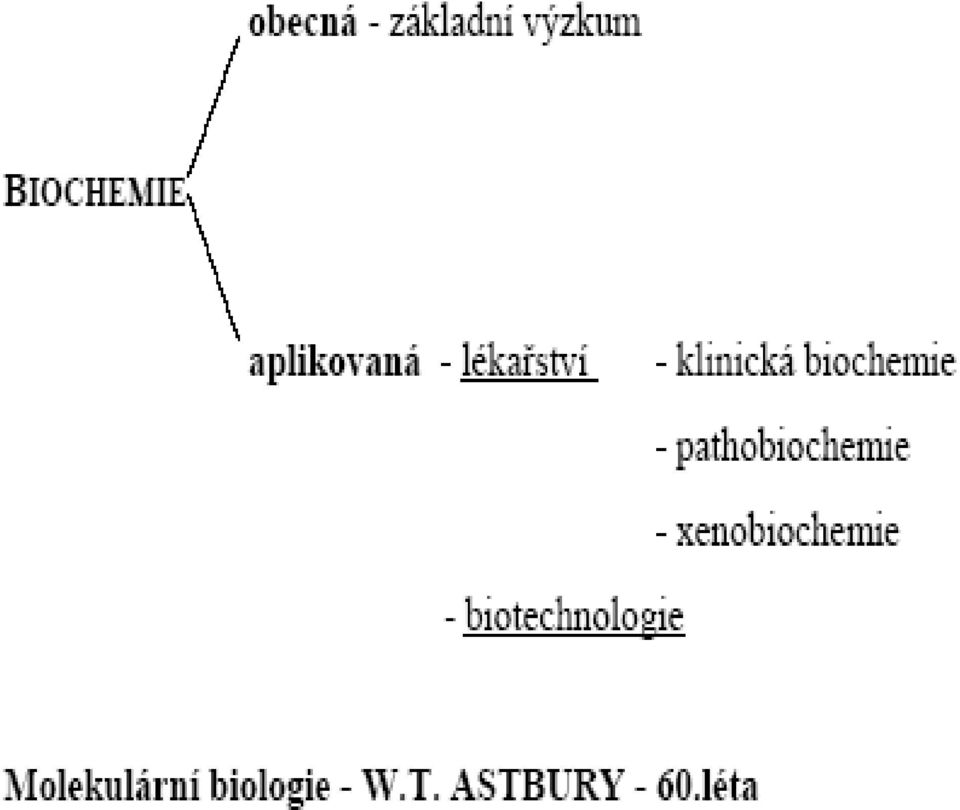Concepts Biochemistry Rodney Boyer Pdf To Doc

Mathews - Biochemistry (Mathews 3rd Ed).pdf. A Guide to Basic Concepts and Problem Solving (1990). Rodney Boyer Hope College.
© 2003 by The International Union of Biochemistry and Molecular Biology Printed in U.S.A. BIOCHEMISTRY MOLECULAR BIOLOGY EDUCATION Vol.
102–105, 2003 AND Articles Concepts and Skills in the Biochemistry/Molecular Biology Lab Received for publication, October 23, 2002, and in revised form, November 16, 2002 Rodney Boyer‡ From Bozeman, Montana 59715 Most colleges and universities throughout the world now offer a Biochemistry/Molecular Biology (BMB) lab course that is designed for undergraduate students in the molecular life sciences, chemistry, and related fields. To best serve our students, we must introduce them to the most current concepts, skills, and methods available. Suggestions for teaching a modern BMB lab are given here.
Keywords: Laboratory skills, biochemistry lab, molecular biology lab, education. The Biochemistry/Molecular Biology (BMB)1 teaching laboratory has become a prominent and essential fixture in the training of undergraduate students for careers related to the molecular life sciences (biochemistry, molecular biology, chemistry, genetics, immunology, microbiology, neurochemistry, etc.). These students must acquire extensive experience working with biomolecules in the laboratory, and a formal lab course is usually the best first step to that experience. This step provides students the skills needed for future research participation at the undergraduate and graduate level and for jobs in the biotechnological and pharmaceutical industries.
To be able to do that, or to build in debug mode while linking statically to the connector, you must build Connector/C++ from source yourself using the Debug configuration. • From the main menu select Project, Properties. This can also be accessed using the hot key ALT + F7. When linking dynamically, it is possible to build your code in debug mode even if the connector libraries are built in release mode. However, in that case, it will not be possible to step inside connector code during a debug session. Mysql static dll.

In addition, a lab experience is also an asset for those science majors preparing for careers in law and business that may be related but outside the realm of the basic sciences (patent law, pharmaceutical sales, etc.). With the acknowledged importance of a lab experience for all students, it is surprising that there is such a sparsity of literature references with discussion on the elements that make up an effective BMB laboratory experience. For example, what technical skills and procedures must be practiced and mastered by students? What teaching modes work best to most effectively train students in the lab?
What instrumentation should undergraduate students become familiar with? What is the importance of the “other lab skills” such as communication (written and oral), teamwork, ethics, fairness, and responsibility? In this discussion I will not be able to provide completely satisfying answers to all these questions, but hopefully I will be able to provide insight and food for future thought. BMB LABS OF THE PAST AND PRESENT The standard approach to teaching the BMB lab, for many years, has been to: ‡ To whom correspondence should be addressed. E-mail: 1 The abbreviations used are: BMB, Biochemistry/Molecular Biology; MS, mass spectrometry; ASBMB, American Society for Biochemistry and Molecular Biology; HPLC, high pressure liquid chromatography. Select appropriate experiments from a textbook adopted for the class (Refs.
1– 4 for current lab books), or 2. Utilize a set of self-designed experiments, or 3.
Choose projects published in the biochemical education journals Biochemistry and Molecular Biology Education (BAMBED) and The Journal of Chemical Education (JCE). These three options have provided instructors the opportunity to select lab activities that emphasize certain desirable biochemical principles, techniques, and skills and those methods that are compatible with the instructor’s background/expertise and with the institution’s instrumentation and facilities [5, 6].